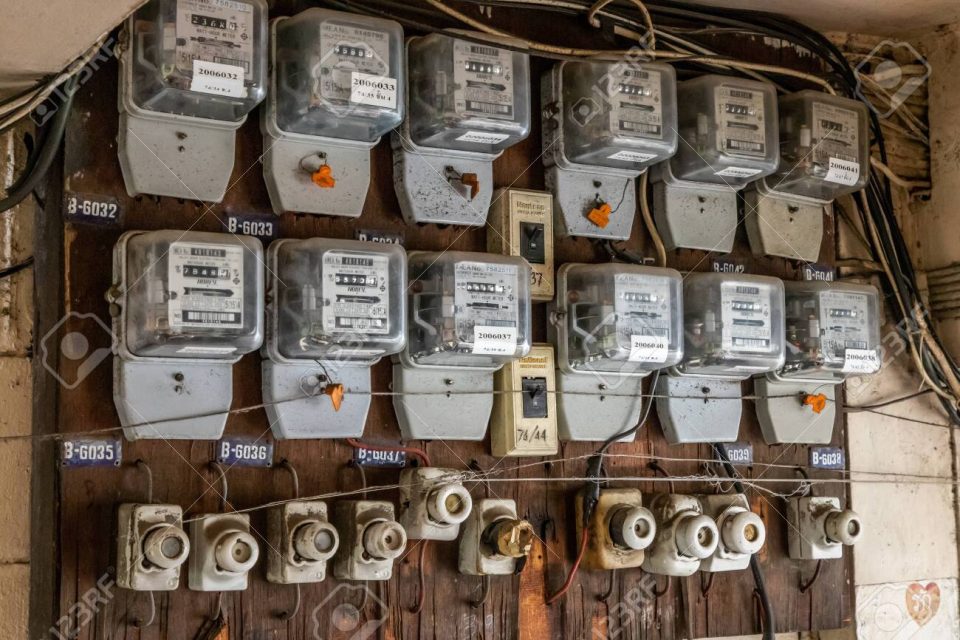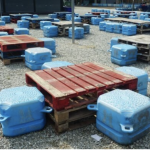The Consumers Council (TCC) is urging the government to temporarily lower the power tariff that is used to calculate electricity bills, in an effort to reduce the burden on households during the hot summer months, when demand typically spikes.
The call comes after the Energy Regulatory Commission (ERC), which sets the rates for electricity bills, proposed three potential adjustments to the existing power rate — none of which would result in lower electricity bills for households, according to critics.
In fact, they said the adjustments proposed by the ERC were mainly geared towards either narrowing or wiping out the obligations owed to the Electricity Generating Authority of Thailand for keeping the price of electricity in check through various subsidies.
According to TCC, there should be an option that benefits the public, especially during the summer months, when electricity bills typically go up due to the increased use of fans and air conditioners.
Instead of capping the fuel tariff (Ft) — a component of the power tariff that accounts for fluctuations in the prices of the fuel needed for electricity generation — the government should reduce the power tariff instead to bring down electricity bills more effectively, TCC said.
It urged the government to reduce the power tariff from 4.18 baht per kilowatt-hour to 3.99 baht per kilowatt-hour between May and August this year.
According to TCC chairwoman Boonyuen Siritham, the Ft can be brought down if the Ministry of Energy instructs the Department of Minerals to allow the increased production of natural gas in the Gulf of Thailand, so more of the output could be used for generating electricity.
TCC also called on the ERC to allow Egat to import liquefied natural gas (LNG) for energy production, instead of relying solely on the LNG supplied by PTT Plc, the country’s energy conglomerate.
A member of TCC’s sub-committee on public services, energy and the environment, Rosana Tositrakul, also urged the government to negotiate a new agreement that would allow Thailand to borrow Malaysia’s quota for natural gas production in the shared joint development area (JDA) for two to three years.
Malaysia has in the past borrowed Thailand’s gas quota to meet its domestic demands, she noted.
TCC also urged authorities to roll out better incentives to attract more people to install solar panels at home, Ms Rosana said.




